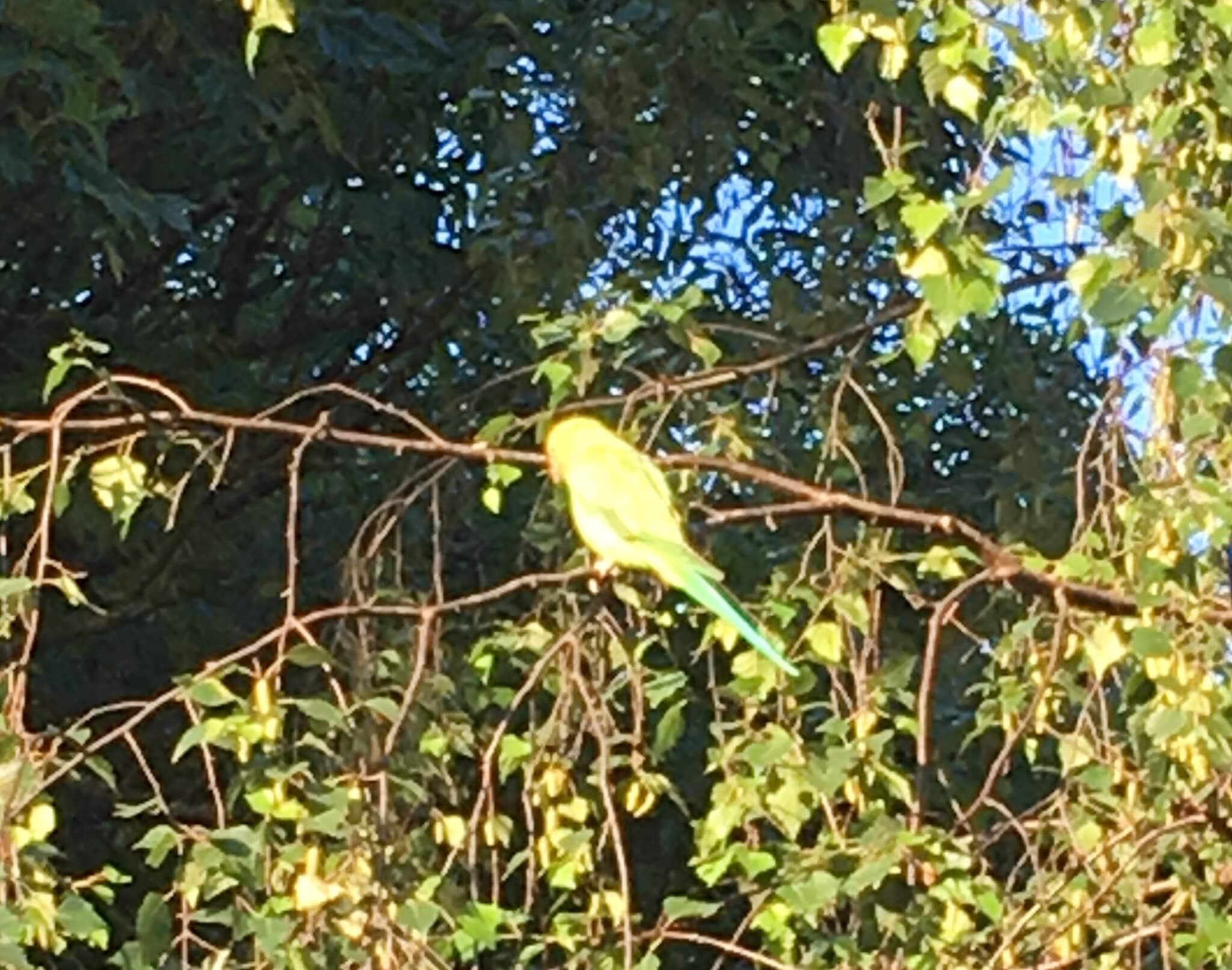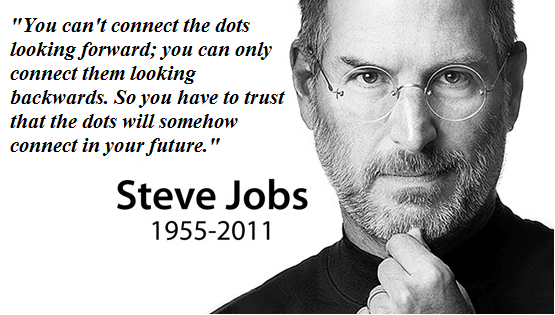Are you or your business lucky ? do you benefit or suffer from coincidences?
I don’t believe in luck, I believe in serendipity. Serendipity is not luck, it is not coincidence.
Serendipity is something you can choose to create for yourself and in the way you lead and structure your organisation.
You see, I hold true to the concept of “I create the whole of my reality”, and at one level, this links to Serendipity.
So, what is Serendipity ?
In researching for this post, I found a NY Times article from 2016. It references Dr Sandra Erdelez, who says:
“She sees serendipity as something people do. In the mid-1990s, she began a study of about 100 people to find out how they created their own serendipity, or failed to do so.
Her qualitative data — from surveys and interviews — showed that the subjects fell into three distinct groups. Some she called “non-encounterers”; they saw through a tight focus, a kind of chink hole, and they tended to stick to their to-do lists when searching for information rather than wandering off into the margins. Other people were “occasional encounterers,” who stumbled into moments of serendipity now and then. Most interesting were the “super-encounterers,” who reported that happy surprises popped up wherever they looked. The super-encounterers loved to spend an afternoon hunting through, say, a Victorian journal on cattle breeding, in part, because they counted on finding treasures in the oddest places. In fact, they were so addicted to prospecting that they would find information for friends and colleagues.
You become a super-encounterer, according to Dr. Erdelez, in part because you believe that you are one — it helps to assume that you possess special powers of perception, like an invisible set of antennas, that will lead you to clues.”
“Dr. Erdelez came up with the term super-encounterer to give us a way to talk about the people rather than just the discoveries. Without such words, we tend to become dazzled by the happy accident itself, to think of it as something that exists independent of an observer.”
The author of the article, Pagan Kennedy, concludes it:
“Of course, even if we do organize the study of serendipity, it will always be a whimsical undertaking, given that the phenomenon is difficult to define, amazingly variable and hard to capture in data. The clues will no doubt emerge where we least expect them, perhaps in the fungi clinging to the walls of parking garages or the mating habits of bird-watchers. The journey will be maddening, but the potential insights could be profound: One day we might be able to stumble upon new and better ways of getting lost.”
One day we might be able to stumble upon new and better ways of gettings lost.
Beautiful, and inspiring.
Now, encouraged by one recent inspiring conversation, let me first reflect on a few thoughts and then I will finish that by giving you a few tips and ideas for creating serendipities for yourself.
To begin, I consider myself a “super-encounterer”, as Dr Erdelez coins it, my life is constantly full of serendipities.
So, I’ll first share some seemingly random thoughts and experiences from my life recently and then tie them together with a few actionable ideas for you.
To frame how my mind words, earlier this year I was writing on this site weekly “Movies with Meaning” posts, and one was called “The Meaning of Time“. One of those movies is Arrival, in which one core area explored is that the past, present and future all happen at once. My references, then, are not linear in time, they are past, present and future, yet somehow still linked. That said, I’ll take them in (almost!) chronological order
In October 2017 I wrote the first ever of the daily posts on this site, now approaching 300 days ago. It was called “Life is Wild and Precious, Be Present” and mused on the importance of presence. We only notice the precious moments (often the serendipitous ones !) where we are present.
The post was anchored by the poem by Mary Oliver, “The Summer’s Day” with the closing line:
“Tell me, what is it you plan to do with your one wild and precious life?”
A simple example is from a few weeks ago, where I had a wonderful evening walk with someone around a park here in London. We walked randomly and talked in flow around lots of topics, very much present to the gorgeous summer evening, changing light, conversation, energy. At one point, my companion noticed some beautiful vegetable and flowers growing in a tended and cultivated area of this public open space. We paused, and then, amidst the bright light and shades of light green, they saw, almost camouflaged, a parakeet. I did not see it until they pointed it out to me, twice, yet somehow they had witnessed this unusual bird quietly resting in this open space.
My companion had witnessed something though presence. It was a wild and precious moment in time.

Next, earlier this week I was having an inspiring early breakfast with a client and friend. Typically we explore London by meeting somewhere new for breakfast every two weeks. We tend to spend the first half an hour or more musing seemingly randomly about life, then somehow those thoughts tend to tie back into applicable ideas for their business and leadership.
One of those themes this week was around the use of idioms in communication in asian cultures, and the amusement of where people can be seemingly wise, yet may not truly have the depth around the idiom they are using. From my client’s background (ethnic Chinese), this occurs with family elders quite frequently 🙂
Oh, and this conversation spurred my post yesterday: “Levels of Leadership – Idioms”
Now, in researching for THAT article, I came across an article on Japanese idioms that particularly talked about Yojijukugo, the “four-character idiomatic phrase”, composed of 4 kanji characters.
Among the many examples of yojijukugo in the article was this one:
一期一会
“One life, one encounter.”
Ah !, I thought, I know that one!, as though the kanji characters were not shown in the translation of kanji to western script in the article, I remembered this one from that same first article I wrote in October 2017.
After musing on the Mary Oliver poem in that piece, I then referred to the “little book of Ikigai” by Ken Moji, and specifically to his use of the term “Ichigo Ichie”, or, of course, “one life, one encounter”. I wrote :
“Ichigo Ichie is the “appreciation of the ephemeral character of any encounters with people, things or events in life”, or, as my friend Morgan DaCosta puts it “no ordinary moments !”. Mogi says : “Precisely because an encounter is ephemeral, it must be taken seriously”.
So, in our lives, how often over the years have we chosen to not be present to each moment, to laying in the grass and closely studying the grasshopper, rather than checking our phone or letting our mind wander to somewhere other than the here and now?”
A “goosebumps” “Arrival moment” flows from that. On that walk a few weeks ago where my companion saw the parakeet, a wonderful and ephemeral moment, that companion had just told me they had recently read the Little book of Ikigai, by Ken Moji.
So, to close these seemingly random references, the inspiring conversation I mentioned earlier that lead me to both muse above and then to give some tips, that conversation was with the amazing Nilofer Merchant.
I’ve followed her work for many years, from TED talks to articles to tweets and more, yet we’d not spoken, and I’d also not read any of her books in full. Nilofer has been an inspiration to a number of articles on this site, perhaps my favourite (and the one that spurred us to set up a “virtual walk and talk” was: “We flatten the topography of their lives“.
When we spoke, Nilofer reinforced to me the power of Onlyness in each of us, hence I felt now to freely write about my experiences and then share my tips and ideas for you to create serendipity. Oh, and I told her I’d read her book “Onlyness”
So, after our call, I opened the book, and the opening page of Onlyness starts with the words:
“Tell me, what is it you plan to do with your one wild and precious life?”
#goosebumps. There are no coincidences.
To finish, then, some tips for creating serendipities in your life:
1 : Choose new experiences.
Make and create time in your life for new experiences. Sure, we all need some structure, we need to “make a buck”, and also we can always create time to meet new people, explore new ideas, areas.
Be random, make time for encountering new people and ideas.
2 : Stretch Yourself
Get out of your comfort zone.
My definition of innovation is simple. “Doing things differently and doing different things”. Innovate.
Recently I was invited to fly from London to California for a wedding, then on to another invite to support a friend with an event in New York. Neither had any particular reasoning or business or even personal purpose beyond spending time with people who energise me and that I care about, yet I cleared my calendar for a week and said “hell yeah”. An awesome trip full of catalysing and inspiring experiences.
Choose experiences that will take you to new places, experiences, people.
3 : Be fascinated by people
People are endlessly fascinating to me.
Yes, seeing the parakeet was wonderful, yet being present to the person who spotted it and their experience even more so.
I’m normally far more fascinated by the person behind the idea than the ideas themselves. In the last year, I’ve come to meet and talk to several people I’ve admired as thought leaders for years, including Nilofer and Chip Conley. Both I now find far more fascinating as humans than I do even their amazing ideas!
4 : Follow the energy
Leave your rational mind at home sometimes and simply trust your intuition. Follow the energy.
As an example, go for a walk and turn off the GPS, don’t look at your phone, just walk, flow, follow the energy. Let your intuition show you where to go.
In closing, I give you this from Steve Jobs, from one of my favourite speeches by anyone, ever (and you can see three of my favourite speeches, including this one, in this post).
Of course, I also now believe in “Arrival moments”, those that connect the past, present and future in unexpected ways.
When we are endlessly fascinated by people and ideas, when we believe in serendipities from past, present and future, endlessly connecting in mysterious ways, we will be open to and see serendipities all the time.
Go out and create, and you too will see a green parakeet in a London park.

